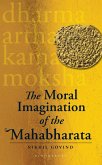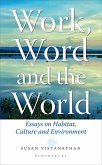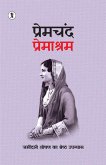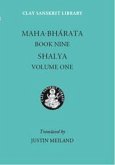Uneasy Translations: Self, Experience and Indian Literature interweaves the personal journey of an academic into reflections around self, language and translation with an eye on the intangibly available category of experience. It dwells on quieter modes of being political, of making knowledge democratic and of seeing gendered language in the everyday. In an unusual combination of real-life incidents and textual examples, it provides a palimpsest of what it is to be in a classroom; in the domestic sphere, straddling the 'manyness' of language and, of course, in a constant mode of translation that remains incomplete and unconcluded. Through both a poignant voice and rigorous questions, Kothari asks what it is to live and teach in India as a woman, a multilingual researcher and as both a subject and a rebel of the discipline of English. She draws from multiple bhasha texts with an uncompromising eye on their autonomy and intellectual tradition. The essays range from questions of knowledge, affect, caste, shame and humiliation to other cultural memories. Translation avoids the arrogance of the original; it has the freedom to say it and not be held accountable, which can make it both risky and exciting. More importantly, it also speaks after (anuvaad) rather than only for or instead, and this ethic informs the way Kothari writes this book, breaking new ground with gentle provocations.
Bitte wählen Sie Ihr Anliegen aus.
Rechnungen
Retourenschein anfordern
Bestellstatus
Storno








